How Julia Gillard could have helped to save the voice
Fifteen years ago, in an attempt to regain credibility over climate change, Julia Gillard made a political misjudgment. She has since admitted she made a mistake, which had ramifications for Anthony Albanese.
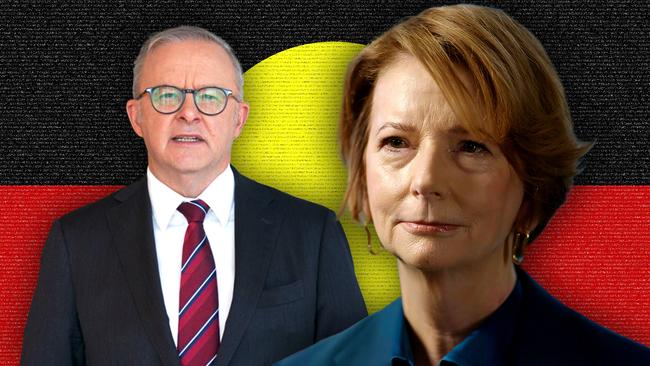
Fifteen years ago a political misjudgment by Julia Gillard at the start of her 2010 election campaign effectively destroyed Australian support for the idea of a citizens’ assembly to help develop new policy on difficult and divisive issues outside the traditional political parties.
Indeed, the searing political and public rejection of the idea of a deliberative group beyond the political parties was most entrenched within the then governing Labor Party and has persisted.
But, with growing experience in Europe of using representative citizens groups to determine what the public finds acceptable parameters for debate, there is renewed interest and pressure for another look at the concept of citizens’ assemblies.
What’s more, in the wake of the failure of the referendum on the Indigenous voice to parliament and with the increasing likelihood of a minority federal government in 2025, there is now a real prospect of a system of citizens’ assemblies becoming part of the price of support by independent MPs.
There is no doubt a lack of consultation, including not having a constitutional convention to discuss the proposed constitutional change for the Indigenous voice, contributed greatly to the defeat of Anthony Albanese’s poorly explained proposal. In Ireland, a citizens’ assembly helped the referendum process for same-sex marriage without declaring a position for or against but merely setting out the reasonable arguments on both sides.
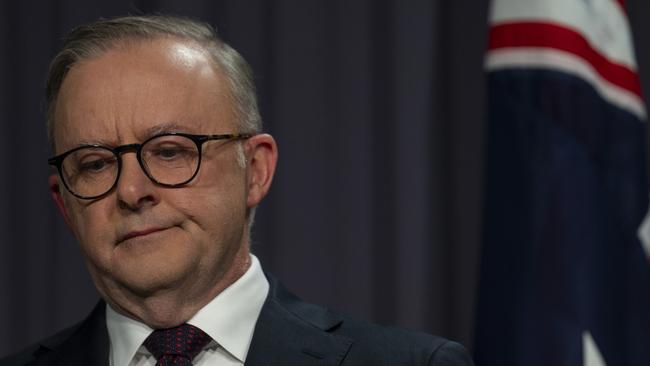
A citizens’ assembly is a group of 100 to 150 randomly selected but representative citizens who discuss a difficult issue outside party politics and do not necessarily present a “right” answer but provide a report or recommendation about what they as citizens see as the real issues, the problems and acceptable solutions.
At the end of the 2024 parliamentary sittings Climate 200 teal independent Allegra Spender, the MP for the Sydney seat of Wentworth, forcefully pushed for the idea of a citizens’ assembly to help find common ground for tax reform, which is in political gridlock.

“If we can find a way to navigate the politics of tax reform, we increase the chance of success,” Spender declared in support of new approach to developing tax policy. “Clearly articulating the need and urgency for reform, engaging the community early to depoliticise the topics and taboos, and putting in place a robust and cross-party process will help us get through these immediate challenges.”
The eastern suburbs MP also identified the need for action to be taken early in the electoral cycle and with methods and mechanisms that could develop policy with community acceptance and understanding outside the daily political infighting.
Recent research from the newDemocracy Foundation, part of a campaign to revive the idea of a citizens’ assembly in Australia, has pinpointed the fatal mix of febrile election campaigning with an attempt to develop a new philosophical approach to developing public policy.
Pilloried in 2010 for throwing into the election campaign a broad idea without explanation as a way of regaining credibility over climate change, Gillard has since admitted she made a political mistake. Having replaced Kevin Rudd as Labor leader and prime minister after he had backed away in early 2010 from trying to deal with the difficult issue of climate change, Gillard announced at the start of the election campaign that she would introduce a citizens’ assembly on climate change.
Gillard said she would use a citizens’ assembly composed of 150 randomly selected Australians to discuss and deliberate on climate change policies.
Because the concept wasn’t properly explained, there were widespread misperceptions of what a citizens’ assembly was, and the proposal met with understandable derision from all sides as critics described it as a tactic to delay action on climate change and as duplicating the role of the 150 MPs up for election.
Gillard said she would personally “lead the debate and lead the advocacy of our approach”. But later she said: “Within a few days of the media downpour, opinion polling showed the public did not like the idea either, amazingly enough.”
Within a week the idea of a citizens’ assembly on climate change was dumped and replaced with a plan for a climate change commission that was never created.
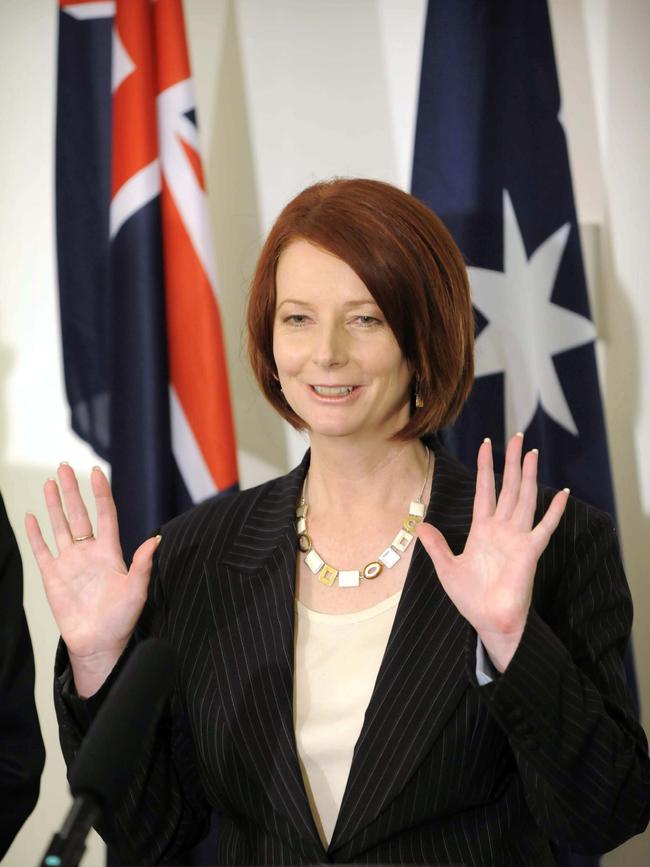
The newDemocracy research paper, finished in late 2024, found Gillard had made all the wrong decisions in relation to a citizens’ assembly: she made it a partisan issue; the prime minister was going to lead the process; there was no explanation of the process; and the whole idea was easily destroyed in the rush of an election campaign.
“Proposing the idea of a citizens’ assembly during a federal election campaign invited a wave of campaign-driven criticism,” the report found.
“Instead of creating a discussion around the merits of a citizens’ assembly, the introduction was used by opponents as a political opportunity to hurt the prime minister’s campaign which was a particularly vitriolic one – with citizens’ assemblies being collateral damage.”
But the report also found that since 2010 there have been formal developments on citizens’ assemblies in Europe with tangible results and a growing climate for nonpartisan bodies to deal with what become seemingly intractable problems with entrenched opponents.
The report says in the 15 years since Gillard’s introduction of the idea, which “couldn’t have been worse”, the successful implementation of citizens’ assemblies of some sort in Ireland, France, Germany and Belgium, as well as OECD guidelines, “have created a much safer environment for proposing them to address difficult issues and demonstrating that common ground can be found”.
“Irish citizens now have a working understanding of citizens’ assemblies as the means by which ‘Ireland takes tough decisions’,” the report says.
“A citizens’ assembly should not be announced during an election cycle, which creates a peak time for potential combat at all costs. It is a method for governing, not campaigning. Assemblies should be presented early in the electoral cycle.
“This ensures that the assembly’s deliberations are free from the immediate pressures and biases of electoral campaigns, allowing for a more focused and deliberative process and emphasising its potential to break the political deadlock and generate consensus on contentious issues.”
The newDemocracy report’s findings into Gillard’s doomed proposal reveal parallels with Albanese’s voice to parliament campaign, in which similar mistakes were made: it was presented as a partisan issue that relied on a detail-free, election-style campaign without community involvement.
The report argues that a citizens’ assembly of 100 randomly selected citizens could at least have been asked to work on the information kits, “thus adding an additional voice beyond the Yes and No campaigns – that of people like me”. “Misinformation works in shaping our 2-3-second reflexive opinion, but rarely bears scrutiny in questioning in an environment akin to a criminal jury,” the report says.
Bill Shorten, the Labor leader for two terms between Gillard and Albanese and their decisions on citizens’ assemblies and approach to constitutional reform, demonstrated a greater sympathy and knowledge of citizen involvement on large and difficult issues.
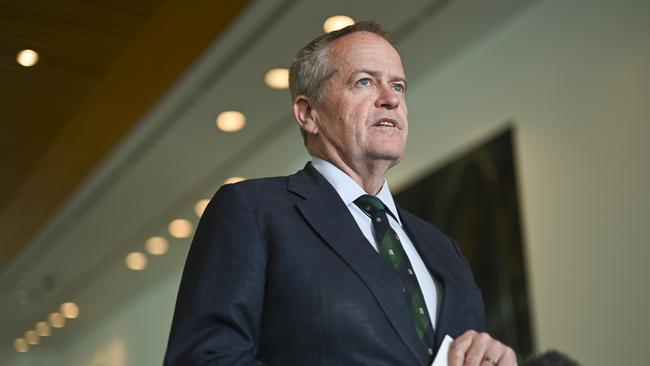
As opposition leader during the debate on same-sex marriage in Australia, Shorten cited his own change of heart towards prioritising it based on the experience of Ireland, where change was achieved in part because of the use of a citizens’ assembly.
Shorten also promised that any Indigenous voice to parliament he, as prime minister, attempted to put into the Constitution would have a constitutional convention before the referendum.
The mistakes of Gillard and Albanese over a lack of consultation have been clearly spelt out in the latest research, as have the developments in European parliaments since 2010, but the real test for whoever is the prime minister in 2025 will be: Do they have to come to grips with a citizens’ assembly as the price for government?


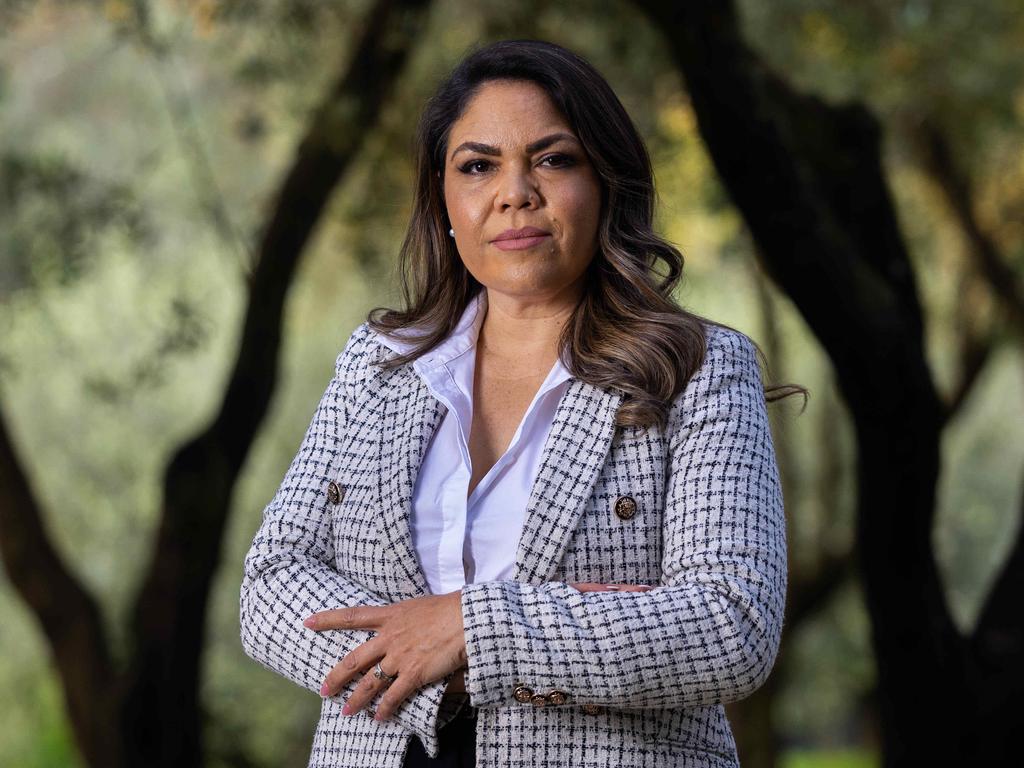

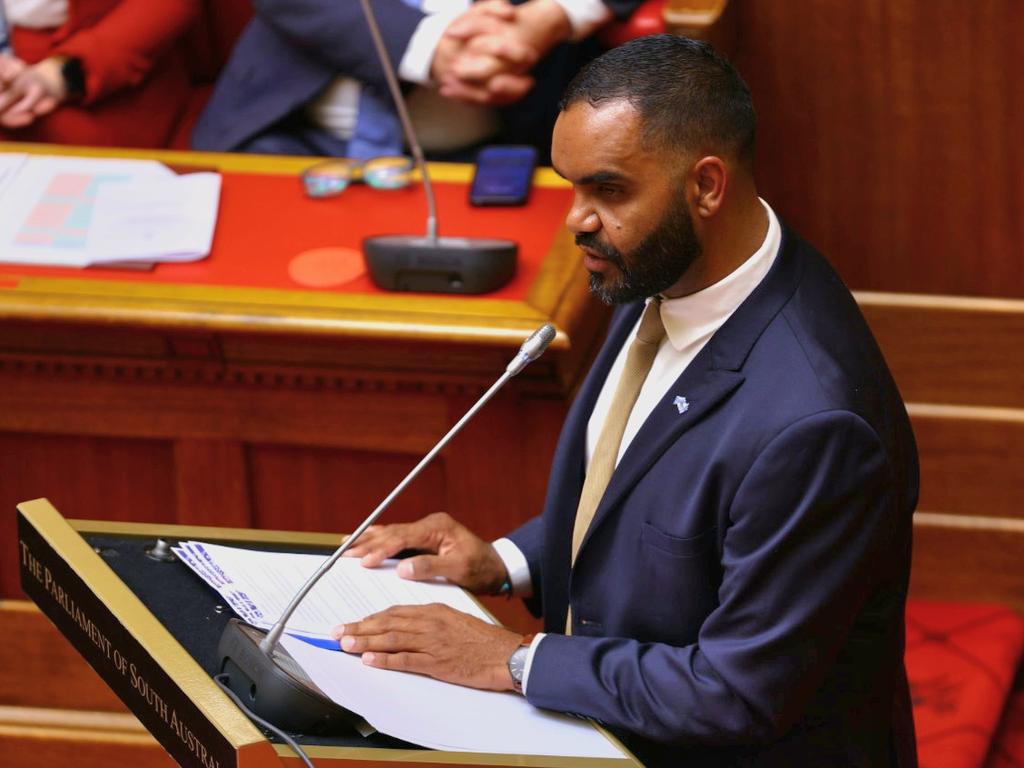

To join the conversation, please log in. Don't have an account? Register
Join the conversation, you are commenting as Logout